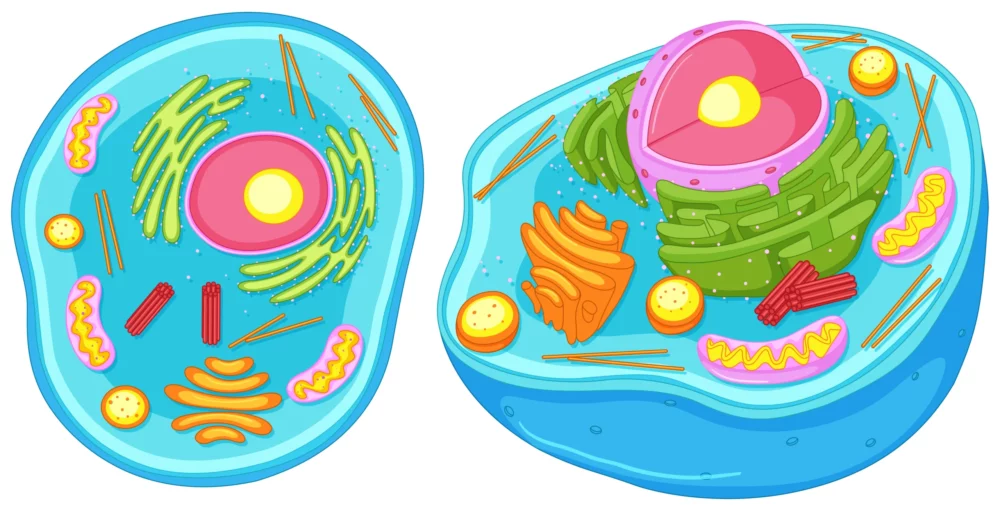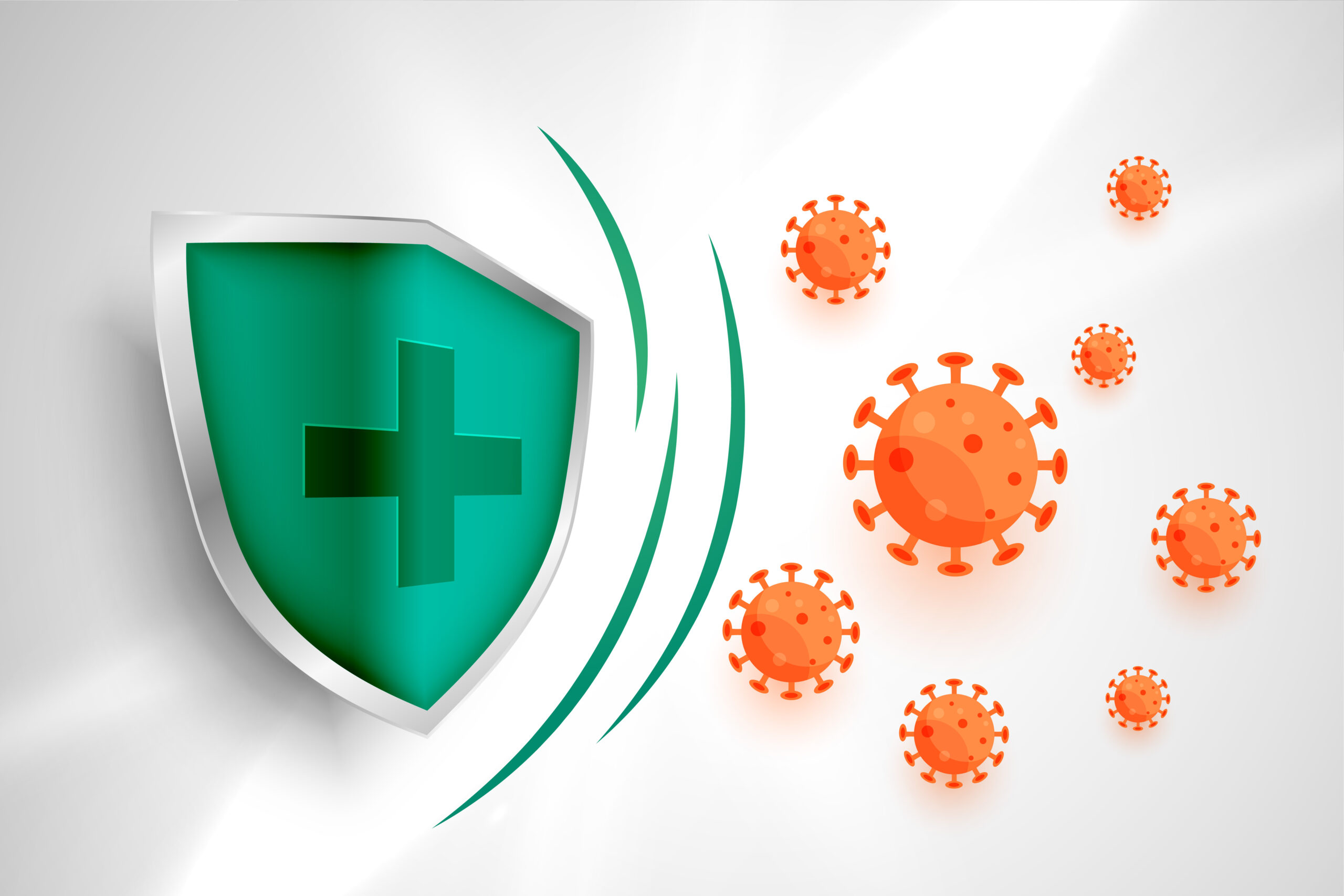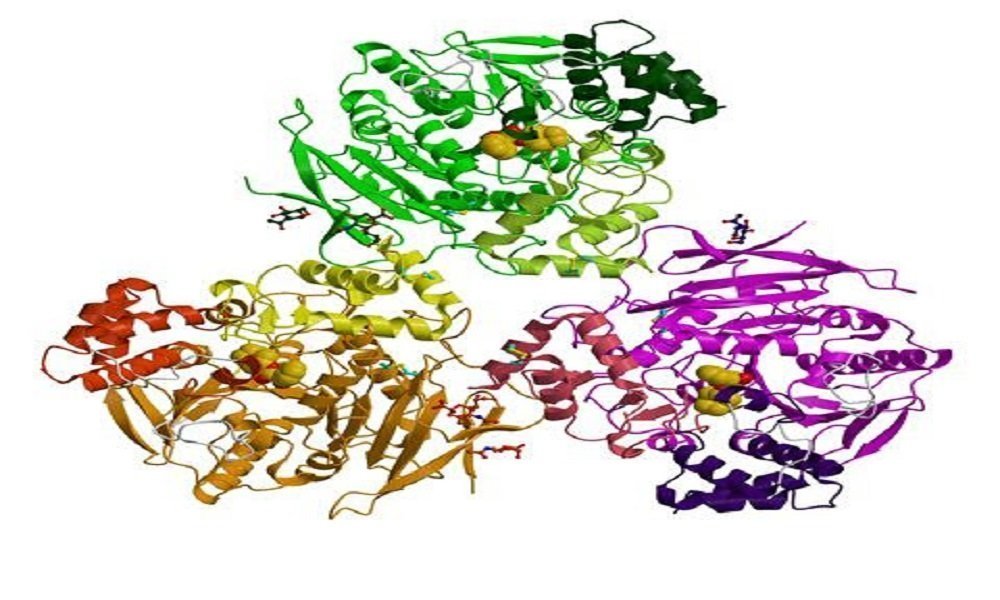Tag: Q&A

Q&A on Kingdom Monera
Q: What is Kingdom Monera? A: Kingdom Monera is one of the five biological kingdoms, encompassing prokaryotic microorganisms, which include bacteria and archaea. Q: What defines prokaryotic microorganisms in Kingdom Monera? A: Prokaryotic cells in Kingdom Monera lack a true nucleus and membrane-bound organelles, and they typically possess a singular circular chromosome. Q: How do…

Q&A on plant kingdom
The world of plants is a rich and diverse one, with countless species that span the globe, from the tallest trees to the tiniest mosses. Understanding the plant kingdom is not only fascinating but also essential to our understanding of the natural world. In this Q&A on the plant kingdom, we will delve into the…

General Q&A part-5
What are the stages involved in PCR, and on what does PCR depend? Polymerase Chain Reaction (PCR) is a widely used molecular biology technique for amplifying specific DNA sequences. PCR involves several stages, and it depends on various components and conditions for successful amplification. Here are the main stages of PCR and what PCR depends…

Q&A on Glycolysis
1. What is glycolysis, and why is it important? Glycolysis is a metabolic pathway that breaks down glucose into energy-rich molecules. It’s crucial for energy production in cells. 2. Where does glycolysis occur in cells? Glycolysis takes place in the cytoplasm of cells. 3. How many ATP molecules are initially invested in glycolysis? Two ATP…

Q&A on Cell organelles
Q: What are cell organelles? A: Cell organelles are specialized structures within a cell that perform specific functions. They are often referred to as the “organs” of a cell because they carry out various tasks necessary for the cell’s survival and function. Q: What is the function of the cell membrane? A: The cell membrane,…

General Q&A part-4
What is oncology? Oncology is the branch of medicine that specializes in the study, diagnosis, treatment, and research of cancer. Cancer is a complex group of diseases characterized by the uncontrolled growth and spread of abnormal cells in the body. Oncologists are medical professionals who are trained to diagnose and treat various types of cancer,…

Q&A on Cell Structure
Let’s discuss some Q&A on cell structure. Q1: What is the basic structural and functional unit of all living organisms? A1: The basic structural and functional unit of all living organisms is the cell. Q2: What is the main function of the cell membrane? A2: The cell membrane regulates the passage of substances in and…

General Q&A part-1
This page contains general Q&A questions asked by curious people. How many types of Air pollution? Air pollution can be categorized into several types based on the sources of pollutants, the nature of the pollutants, and their effects on the environment and human health. The main types of air pollution include: Particulate Matter (PM): Particulate…

Q&A on plant structure and function
Q: What is the primary function of plant leaves? A: The primary function of plant leaves is to perform photosynthesis, where they convert sunlight, carbon dioxide, and water into glucose and oxygen. Additionally, leaves also facilitate gas exchange and transpiration. Q: How do plant roots contribute to the overall health of a plant? A: Plant…

MCQ on Role of Plasma Membrane
here are some multiple-choice questions (MCQs) about “Plasma Membrane Structure and Function: Key Role in Cell Homeostasis,” along with detailed answers: Question 1: Which of the following components make up the plasma membrane’s basic structure? A) Nucleic acids and proteins B) Carbohydrates and lipids C) Proteins and lipids D) Carbohydrates and nucleic acids Answer 1:…

Quiz: Test Your Knowledge of the Immune System
1) What is the primary function of the immune system? a) Digestion of food b) Regulation of body temperature c) Protection against infections and diseases d) Production of hormones Answer: c) Protection against infections and diseases Explanation: The immune system’s main role is to defend the body against harmful pathogens, such as bacteria, viruses, fungi,…

What is enzyme and characteristics?
Enzymes are biological catalysts that facilitate chemical reactions in living organisms. They are typically proteins, although some RNA molecules also have catalytic activity. Enzymes are essential for life because they speed up the reactions that are necessary for cells to function properly. Without enzymes, many biochemical reactions in the body would occur too slowly to…





